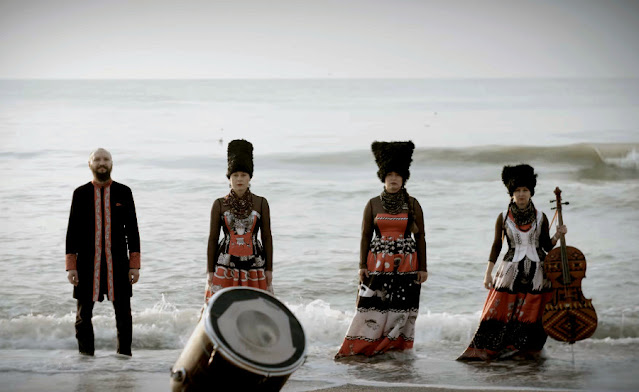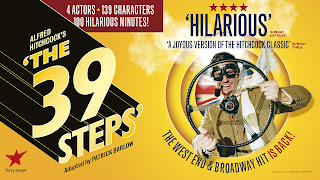The Trolley Problem.
You are standing next to a lever which sits besides a train track. A train is heading down the track, unable to stop, it is coming towards three people tied to the track. You are now faced with a choice. Allow the train to continue and kill the three people tied to the track the train is currently on or pull the lever which will switch the train onto a separate track which a singular person is tied to. What do you do? Remain inactive and doom 3 people to death or pull the lever and doom one person who was previously not in danger to death.
This is the basic premise of the trolley problem, a problem that has been at the centre of many ethical debates for decades. And has often caused conflict between differing ethical schools, most often the conflict falls between Consequentialists and Deontologists. In such a situation as the one presented above Consequentialists would dictate that it is right to pull the lever and most Deontologists would agree. Yet, they form such conclusions by different reasoning, Consequentialists would claim such is correct because they always aim for the best consequences, often believing in the notion of the greatest good (most pleasure) for the greatest number, as such it is always morally correct to save the three because more good comes from saving three lives compared to one. Deontologists on the other hand follow a law-
One is stood on a ‘Footbridge’, a trolley is heading for three innocents but a man who is large enough to completely halt the trolley stands on the footbridge, the question is then if it is morally justifiable to push him from the bridge to halt the trolley which will result in his death but will save the others.
Instantly, there seems to be a significant difference between the two Trolley Problem cases as our intuition dictates in the latter case it is unacceptable to kill one to save three despite being acceptable in the previous scenario. Deontologists would agree that in such a scenario it is wrong to kill the man oon the bridge, as , for example, it appears to be intuitively wrong. Yet, Consequentialists would have to agree that it is morally right to push the man from the bridge in this scenario as Consequentialism, d
I believe that the reason Deontology seems like a far stronger ethical position to hold is that consequentialism makes
Such abhorrent rights violations that consequentialism could allow for can be seen in Dostoevsky’s example, where to prevent natural suffering for the rest of humanity a child’s right to wellbeing is disregarded and she is imprisoned and tortured endlessly. The consequentialist would allow such an act due to it bringing the greatest pleasure as the suffering of one is outweighed by the pleasure of billions, but this is abhorrent as not only is her right to wellbeing disregarded on a single occasion but consistently with every torturous act and her autonomy is removed as she is treated as an object not a person. One must necessarily consider others rights in every moral decision or be ignorant of them and susceptible to committing varying rights violations which removes autonomy of the individual, like the man on the bridge's.
Deontologists on the other hand will often incorporate rights-based considerations into their decision-making process, thus, do not make the mistake of the consequentialist. One Deontological theory which ensures the protection of rights, is the notion that the agent can only act morally if he makes that which threatens the multiple threaten the one (I.e. the train) and, most importantly, that he does not directly infringe on any human rights whilst doing so. One cannot deny that right infringements will necessarily occur during a trolley problem, due to certain death, but the agent must not directly infringe on the individual’ rights themselves. Therefore, the bystander is morally right to pull the lever killing the one, as no rights infringements are committed directly by the moral agent, as the pulling of the lever in itself does not directly affect the one, it only affects the track. Whereas, physically pushing someone from a high footbridge is a direct infringement on one’s right to wellbeing, even if the trolley was not present, the pushing in itself violates one’s wellbeing. Therefore, by considering human rights in moral decision-making one protects the individual’s autonomy and creates a valid system, that aligns with one’s intuitions. Indeed, then as deontologist follow a law-based system based upon our intuitions it can avoid situations which could lead to (intuitively) abhorrent acts in ways that Consequentialism cannot, as such Deontology seems to be the preferable ethical theory to follow when making moral decisions.
Another Interesting case to consider along these lines which slightly diverges from the regular Trolley problem but still has a similar basis is - If given the opportunity (where you are completely isolated from the rest of the population) would it be the morally right to remove several of an individuals organs to transfer to seven others who other than their organ failure are fit and healthy persons?
Seemingly a consequentialist would have to say it is morally correct to do so, where as a deontologist can cite that as it infringes on the individuals rights to autonomy and wellbeing and your are directly harming them, then it would be morally wrong to remove the individuals organs. Indeed intuitively again it seems that Deontology is the preferable ethical theory to follow.
Clearly, this is not the full story there are of course arguments against the one i have presented and further arguments against Deontology whilst there are many other arguments in favour of consequentialism. In this blog I only hoped to present a basis for the interesting issues the trolley problem presents and the problems surrounding certain ethical theories.
Clearly, this is not the full story there are of course arguments against the one i have presented and further arguments against Deontology whilst there are many other arguments in favour of consequentialism. In this blog I only hoped to present a basis for the interesting issues the trolley problem presents and the problems surrounding certain ethical theories.





Comments
Post a Comment